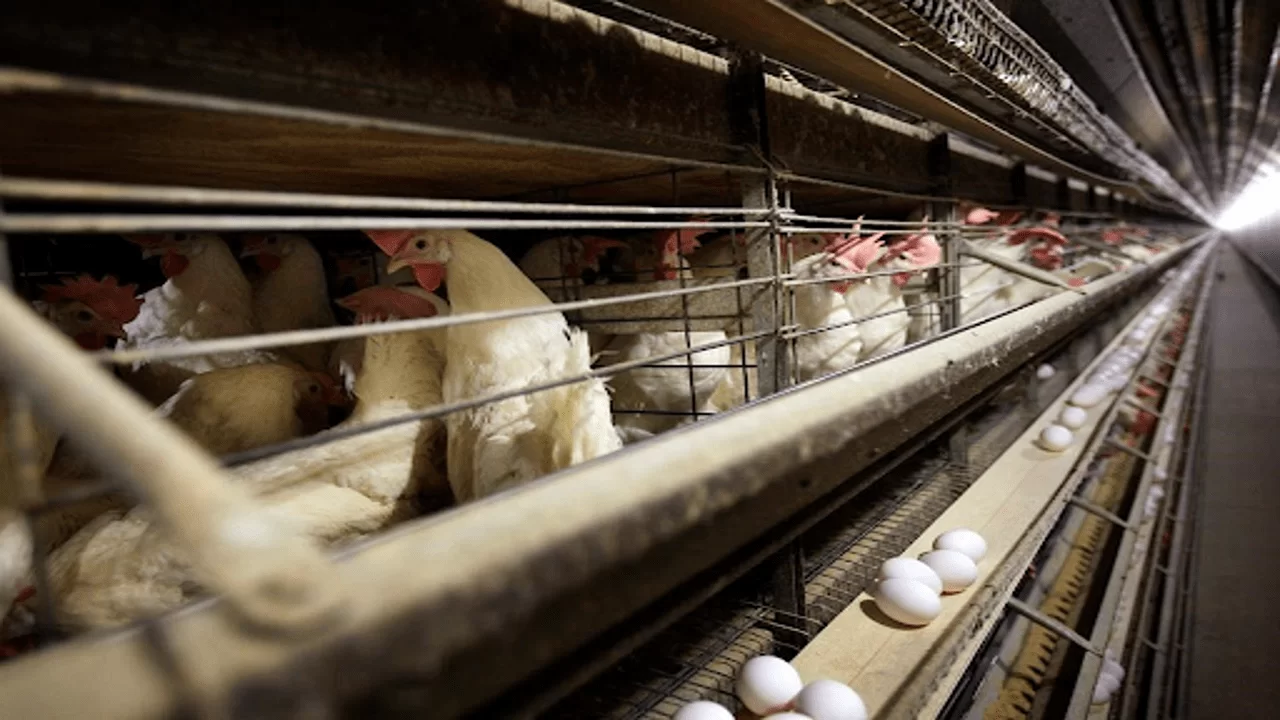
A teenager from British Columbia was hospitalized last Friday after being diagnosed with Canada's first-ever case of H5N1 avian flu contracted domestically. The Public Health Agency of Canada confirmed the case. The teenager had been in contact with infected poultry at a farm near Stuart, Iowa. (AP Photo/Charlie Neibergall, File)
Canada’s first confirmed case of human avian flu has been reported in British Columbia. A teenager from the Fraser Health region was admitted to B.C. Children’s Hospital last Friday, and by Wednesday, Canada’s National Microbiology Laboratory in Winnipeg confirmed it was the H5N1 strain—the same type linked to recent poultry outbreaks in the province. The teenager, experiencing severe respiratory distress, remained in critical condition as of Tuesday.
Dr Theresa Tam, Canada’s chief public health officer, expressed concern, noting the serious nature of the virus, which can lead to anything from no symptoms to severe illness. “This case underscores the importance of treating H5N1 seriously, even though it typically spreads from animals to humans,” Dr. Tam explained. Field experts are now working to identify how the teen contracted the virus. However, progress is slow due to the patient's condition, which limits direct communication.
Dr. Tam said, “Since we cannot directly speak to the teenager, we’re relying on second-hand information from the family.” Thankfully, tests have shown that none of the close contacts, including family members, have contracted the virus so far.
Health authorities first informed Canada’s Public Health Agency on Saturday after a presumptive positive result for H5N1. Dr. Bonnie Henry, B.C.’s Provincial Health Officer, shared at a Tuesday news conference that the teenager did not have any underlying health conditions that would explain such a severe response. Additionally, the patient did not live on a farm or have direct contact with commercial poultry. According to Dr. Henry, the source of the infection might remain unknown.
The 2014 avian flu case in Alberta involved an individual who had travelled to China and later succumbed to the illness. This current case, however, is considered unique as the infection appears to be domestically acquired.
British Columbia’s poultry industry has faced significant challenges due to avian flu outbreaks over the last few years, resulting in the culling of approximately 6.4 million birds since the spring of 2022. Most of these outbreaks have been concentrated in the Fraser Valley, within the Fraser Health region.
Health officials urge Canadians to remain cautious and practice measures that prevent the transmission of avian flu. Despite the serious nature of this case, there is reassurance that community transmission remains under control.















